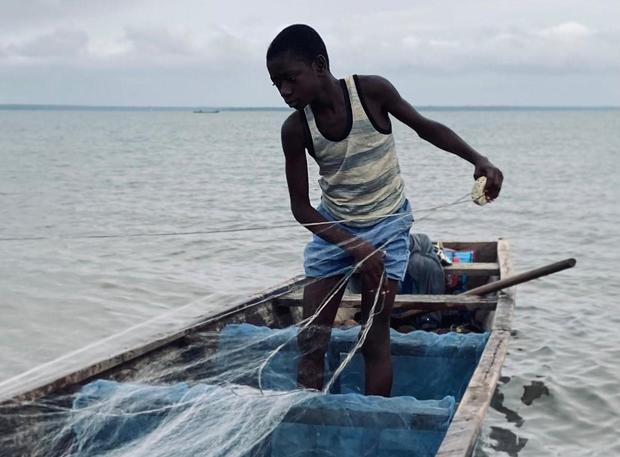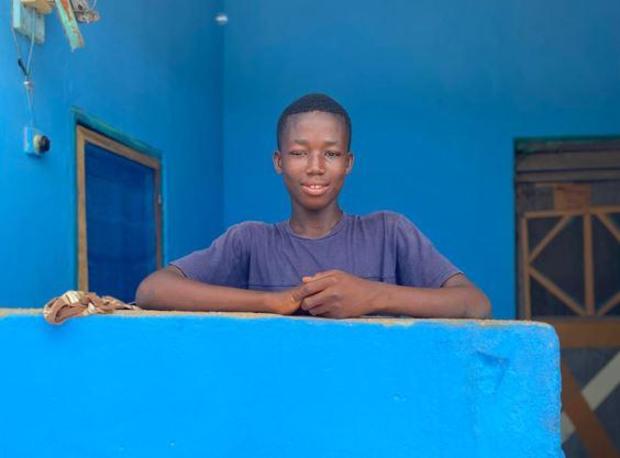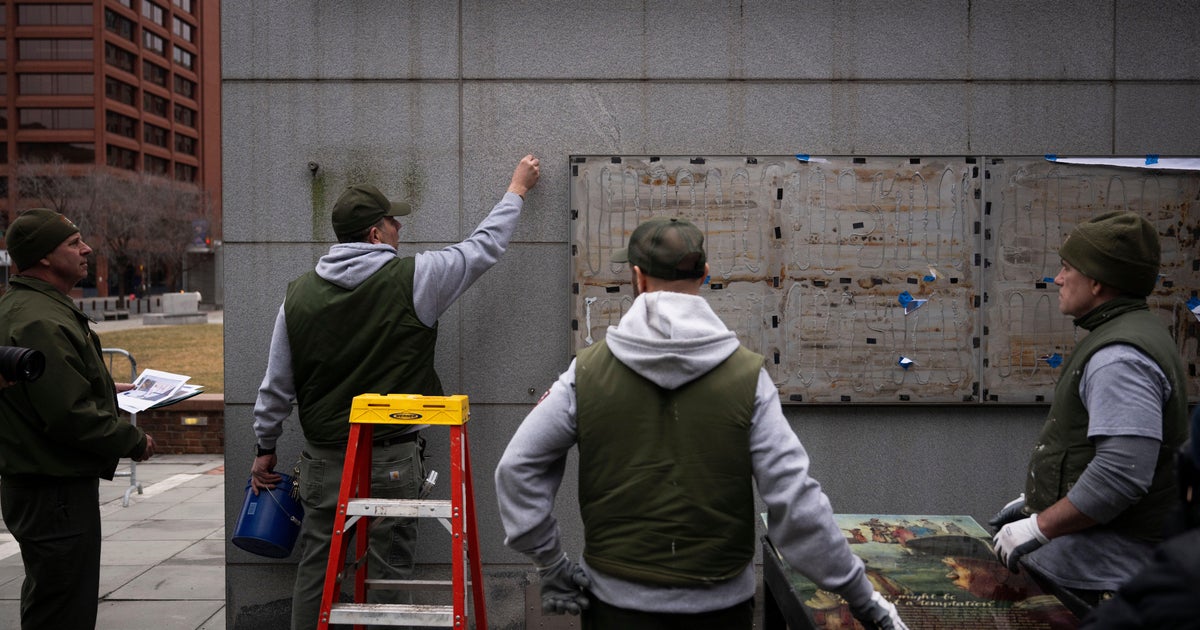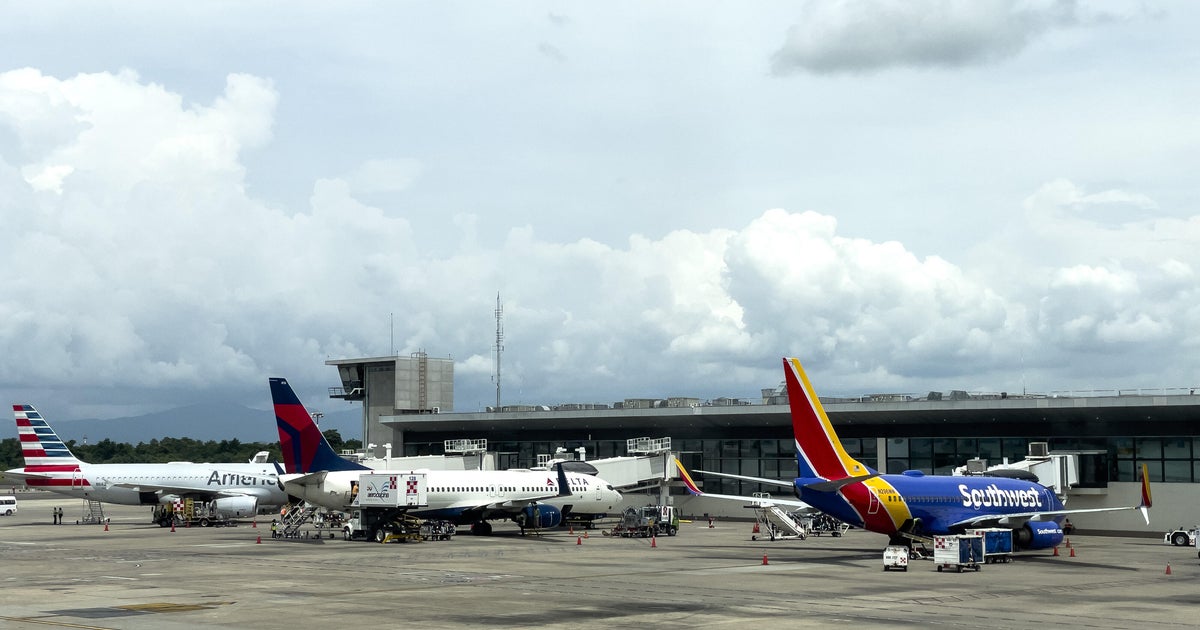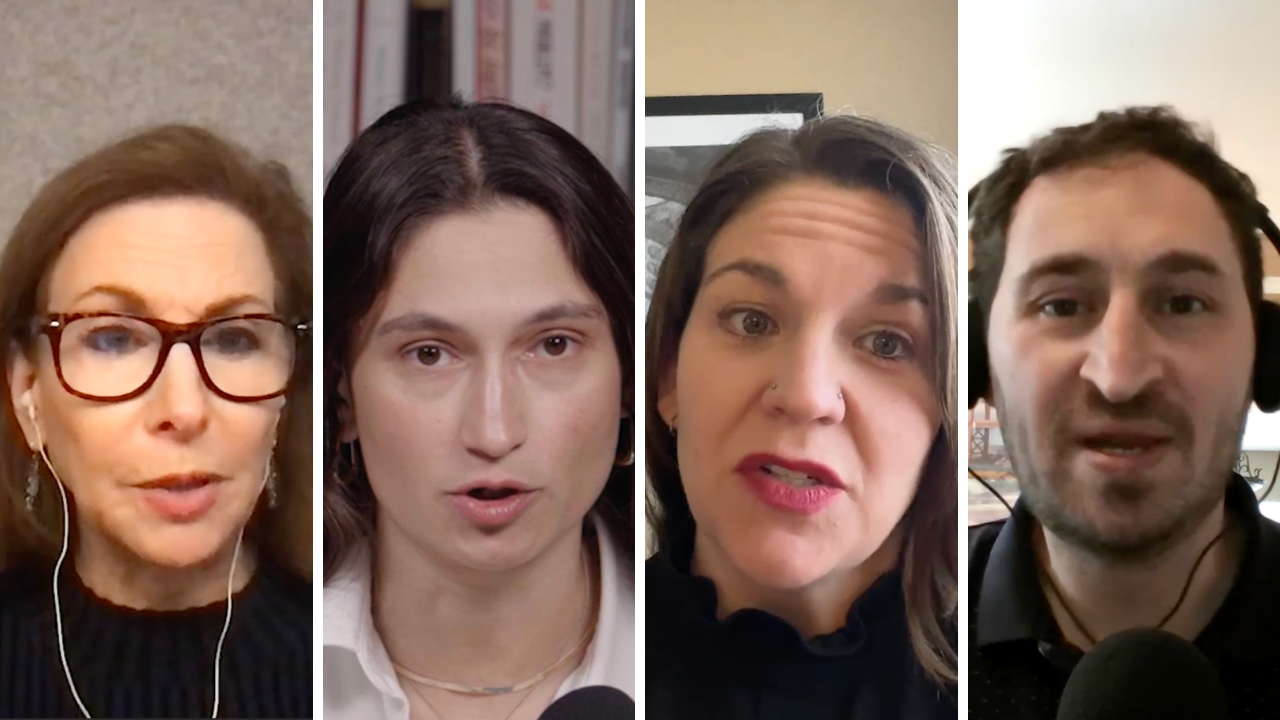CBS News meets kids caught in the net of modern slavery
Lake Volta — A recent report by UNICEF and the International Labour Organization found that the number of children who are working around the world has risen for the first time in two decades. The study estimated that at the beginning of 2020, there were 160 million children working — almost half of them in "hazardous work that directly endangers their health, safety and moral development."
All of the net increase in child labor was found in sub-Saharan Africa. More than one in five children in Africa is working.
On a recent trip to Ghana, CBS News correspondent Debora Patta witnessed children as young as 9 doing dangerous work in the fishing industry.
Lake Volta's beauty is deceptive: These are troubled waters. Thousands of children fish in the vast, man-made reservoir every day. Some are merely working in the family business, but many have been sold into modern day slavery.
Godwin labored on the lake for five years. Orphaned at 10, he was entrusted into the care of a man who promised to send him to school.
"I didn't know that I was going to fish," Godwin told Patta. At first, he didn't even know how to swim.
"Inside the water, the type of place is deep, very deep, so I'm afraid to go down," he recalled.
If he refused, he was beaten.
"I was afraid, I was thinking, 'I don't know when my life will end,' so I said, 'let me run away.'"
Eventually he escaped. Godwin was saved by Wallace, who has rescued more than 150 children through his undercover work for the international charity Love Justice.
Patta and her CBS News team went to Lake Volta to see the conditions first-hand. They found rickety vessels filled with kids who have become adept at unravelling the fine mesh of fishing nets.
When those nets snag on submerged tree branches, the kids are forced to dive deep into the murky water to untangle them. It's adult work, made easier by exploiting agile bodies and tiny hands.
On one boat manned by a child crew, the eldest said a nine-year-old helping with the work was his brother. But the two boys didn't even speak the same language. It was a red flag.
Patta asked another little boy who, believe it or not, was named Freedom, where his mom was. He was also from far away, and he spoke a completely different language to the others on the boat.
Within about half an hour, the CBS News team came across four boats with potential trafficking cases on board. Wallace said that was typical.
After he identified Freedom as a possible victim of child slavery, he set to work gathering intelligence from sources in the boy's village. Weeks later, he confirmed the child had been trafficked, but it was too late to rescue him. He'd been moved on — a tactic modern slave owners use often to evade arrest.
During CBS News' time at Lake Volta, Patta and her team never saw a single official from the police or the Ghanian navy, both of which are supposed to patrol the waters.
The desperate, extreme, persistent poverty that pervades the entire region makes children very easy prey, and it's not just boys who are trafficked. Young girls are often forced to become domestic servants.
Patta met two sisters who had been snatched near their family home. She sat down with them not long after they were rescued, and their eyes still told of horrors they could not speak out loud.
Warnings of human trafficking abound in Ghana. There are posters all over urging people to be vigilant. But they don't serve as an effective deterrent, as Patta learned from one slave-owner-turned-informant.
The man told CBS News he would typically pay about $80 for a child.
"But it's a human life," Patta challenged him. "You bought a child — is that not slavery?"
"That's how it is," he replied with a shrug.
He said that over 25 years, he'd bought thousands of children. The worst thing he ever did as a modern slave owner, he said, was to force a child who didn't know how to swim to dive to the bottom of the lake. Some, he said, would go down and never come back up.
So many children have died on Lake Volta, but it's an ongoing tragedy with many layers. The former trafficker Patta met was a victim himself — his own father sold him into slavery, he said. The child slave became the master.
Godwin refuses to go that route.
"I wanted to go to school so that I become someone. I didn't want to do fishing work," he told Patta.
As for the man who tricked him into slavery, Godwin remarkably harbors no ill will.
"He has to be punished, but I forgive him," he said.
Unearned forgiveness from a boy whose childhood was stolen on Lake Volta. But maybe this time, at least, the cycle has been broken.
